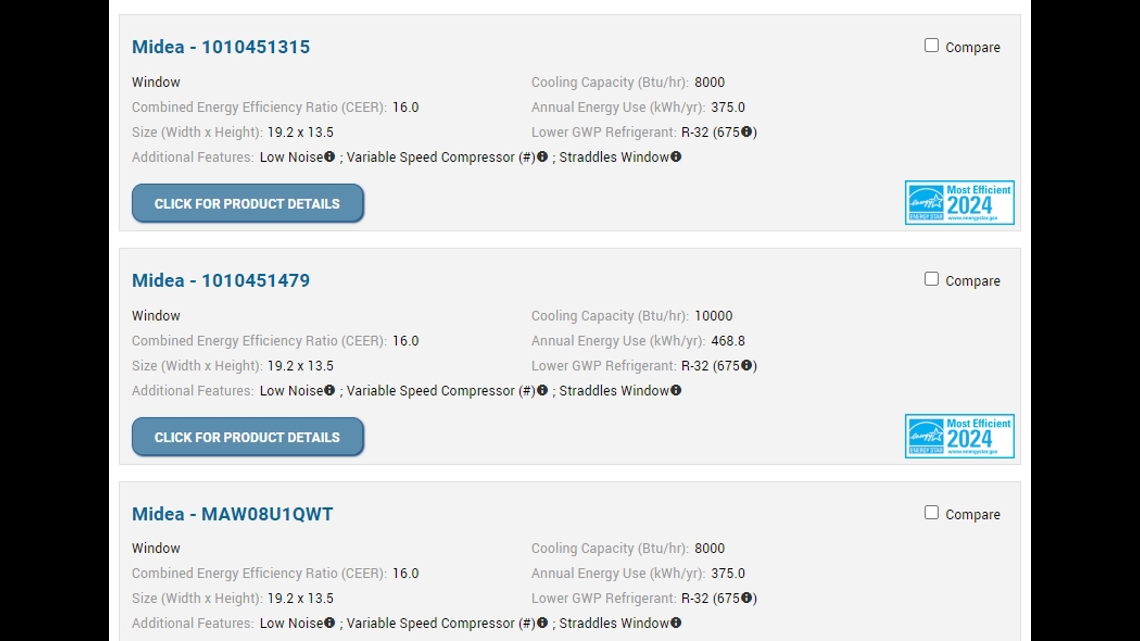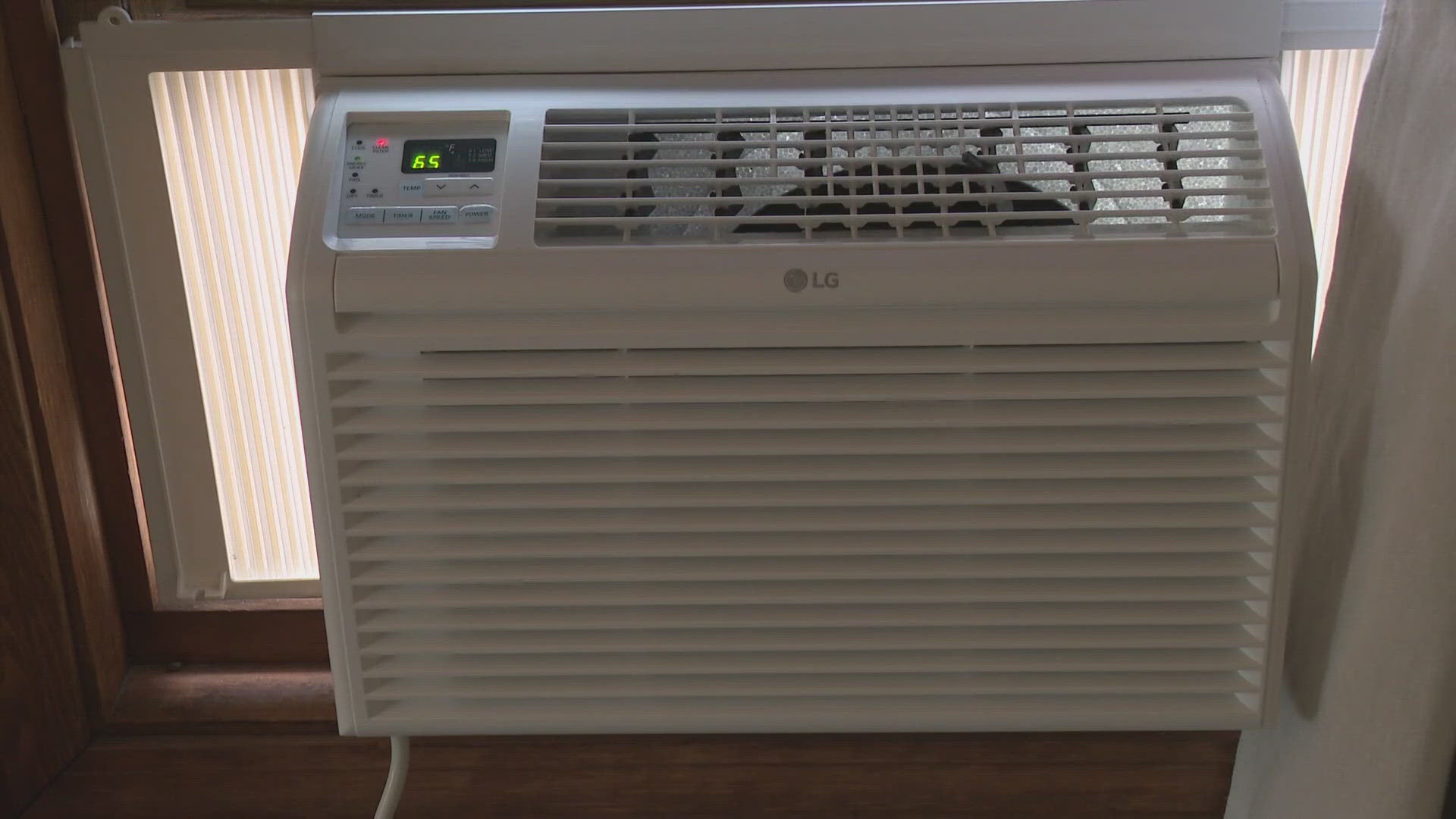PORTLAND, Maine — Summers in Maine are getting warmer because of climate change. Of course, we aren't alone in that trend.
As global temperatures increase because of carbon emissions, the warmest months of the year are tipping into the extreme in many parts of the world.
That trend has led to a rapid increase in the purchase of air conditioners as more people try to keep cool.
According to a report published in Scientific American, researchers anticipate the number of room air conditioners units could increase to 4.5 billion by 2050.
But while air conditioners help alleviate the effects of climate change, they are also contributing to it.

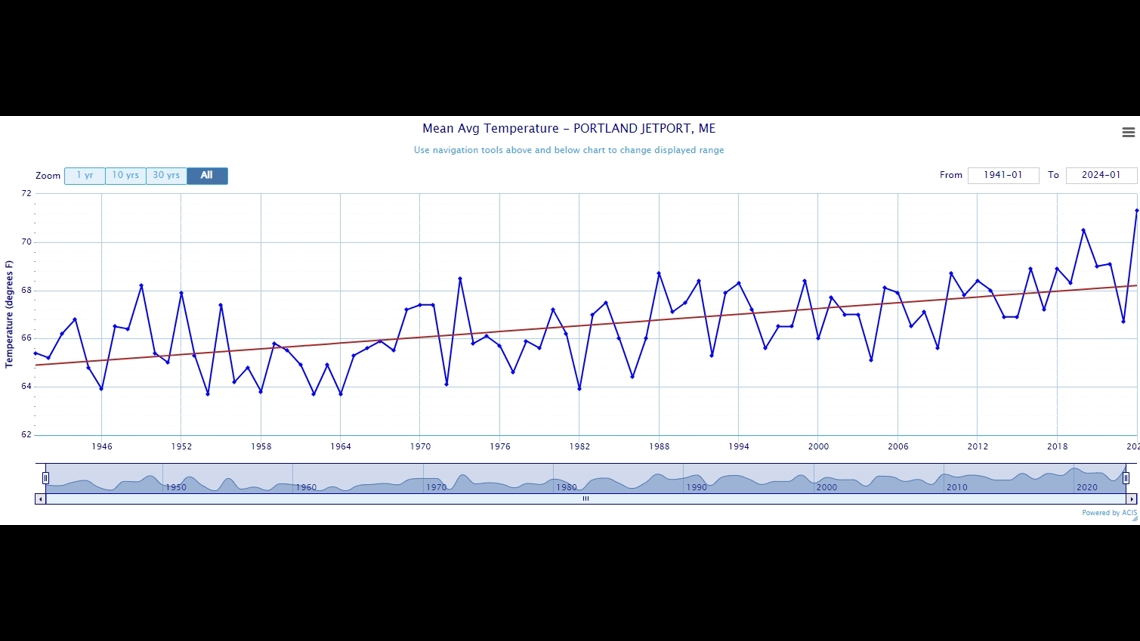

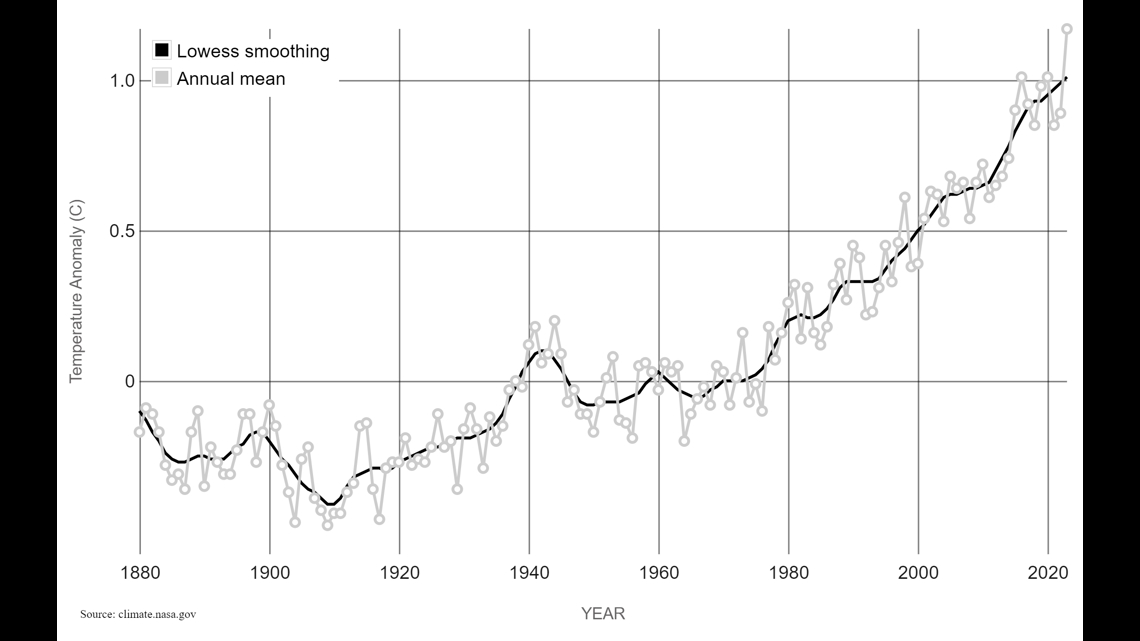

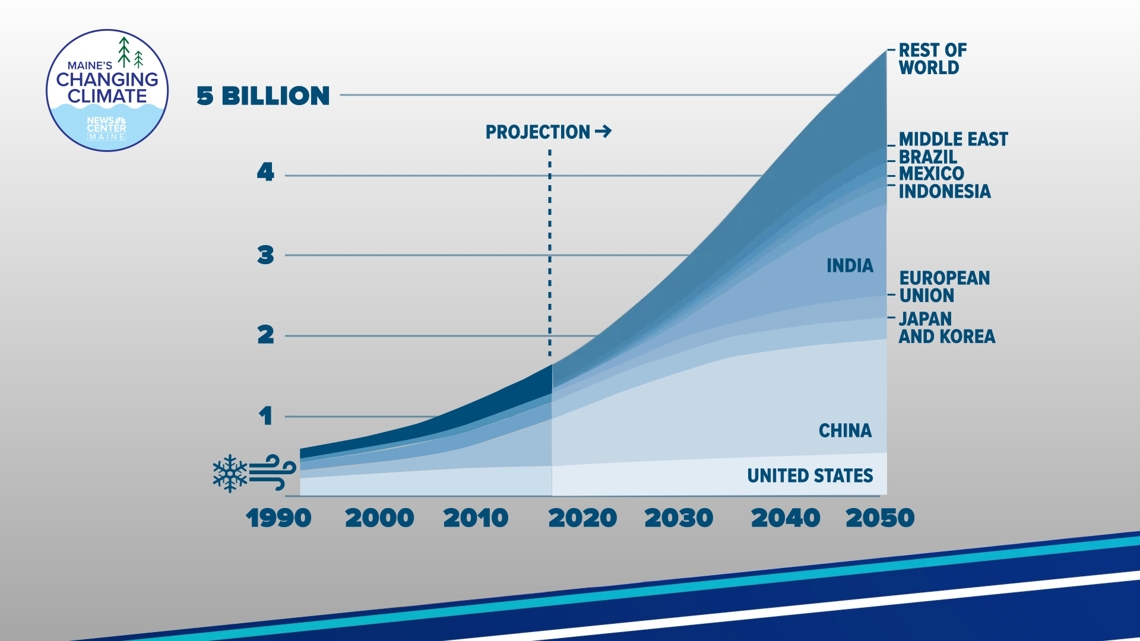
Air conditioners draw a substantial amount of electricity in many parts of the world where electricity is still generated by burning fossil fuels. In fact, the energy supply needed for artificial air conditioning generates about 4 percent of global greenhouse gases emissions, which is twice as much as the entire aviation industry, according to UNICEF.
That doesn’t even include the hydrofluorocarbons in the air conditioning refrigerant that often leaks into the atmosphere when they are disposed of or damaged.

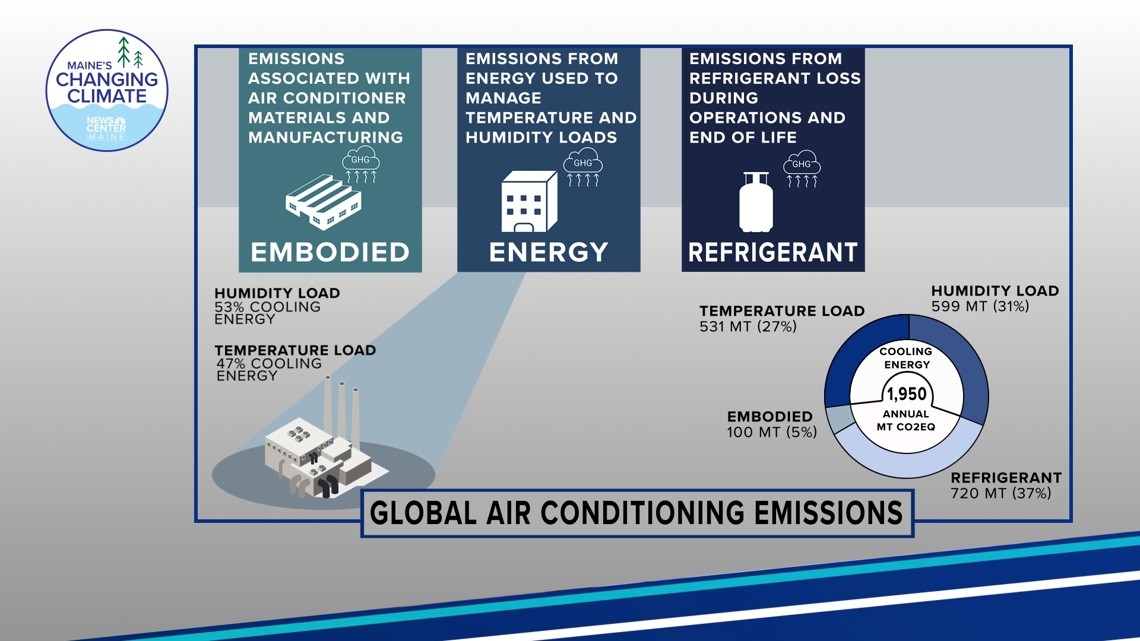
This leads to a feedback loop: People need to cool down because of the extreme heat, but the air conditioners they use actually contribute to that warming trend.
Still, it’s not realistic to stop using air conditioners. In fact, they save lives around the world during periods of extreme heat. So, what’s the solution?
Many companies are working to develop different cooling technologies that would consume half to one-third as much energy. The other solution, of course, is to use more renewable energy in the grid, which would reduce the footprint of the consumption.
At the consumer level, the main thing people can do is try to purchase an air conditioner with the highest efficiency.
This efficiency is expressed as a seasonal energy efficiency ratio, or SEER rating, which is the cooling output divided by the total electric energy input. The higher the SEER rating, the more efficient it is. This rating is available for any air conditioner you purchase today.

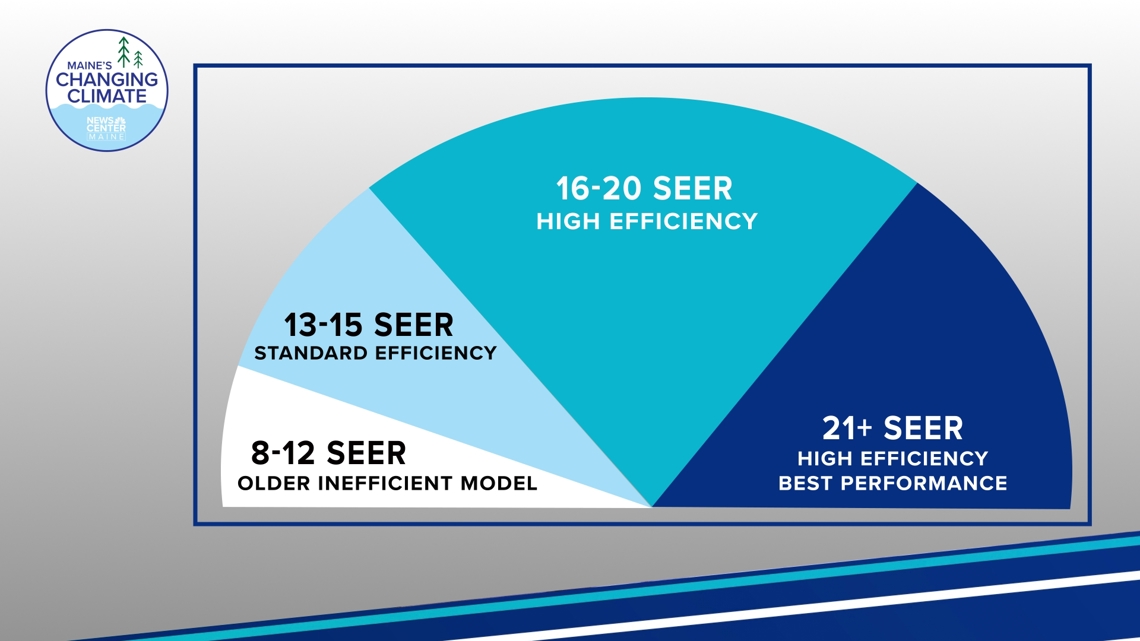
Heat pumps, which can also be used for heating, will typically be much more efficient than an in-window air conditioning unit.
For example, a Mitsubishi heat pump has a SEER of 26 while the most efficient air conditioning window unit has a SEER of 16, according to the U.S. Energy Information Administration.
That kind of efficiency can help slow the feedback loop while new technology is being developed.
And by the way, it could help save you money on your electric bill.

